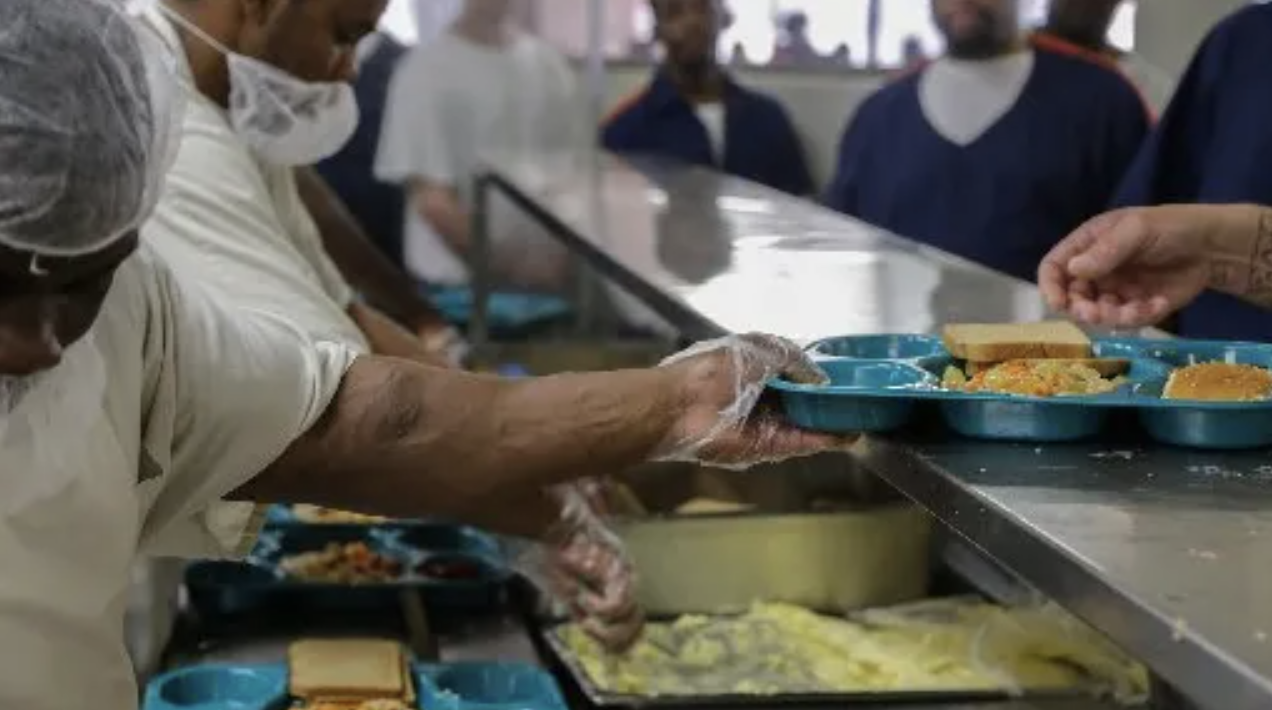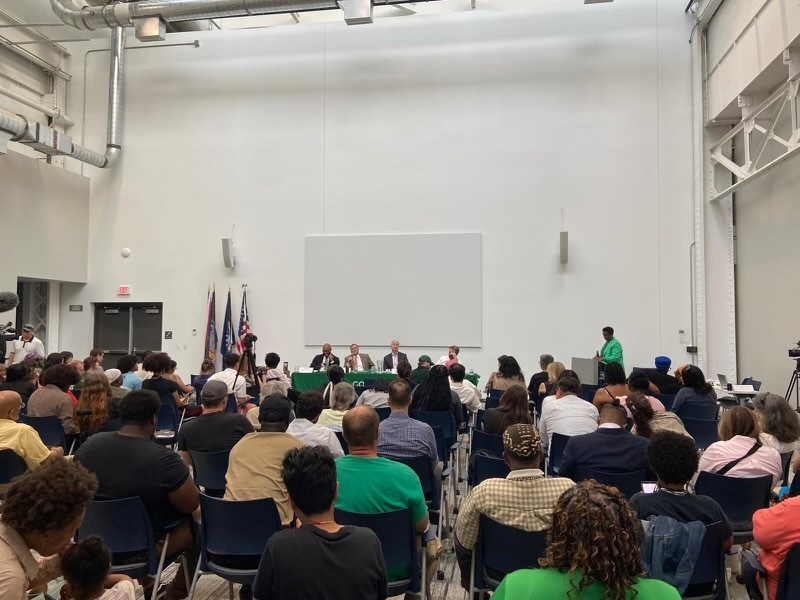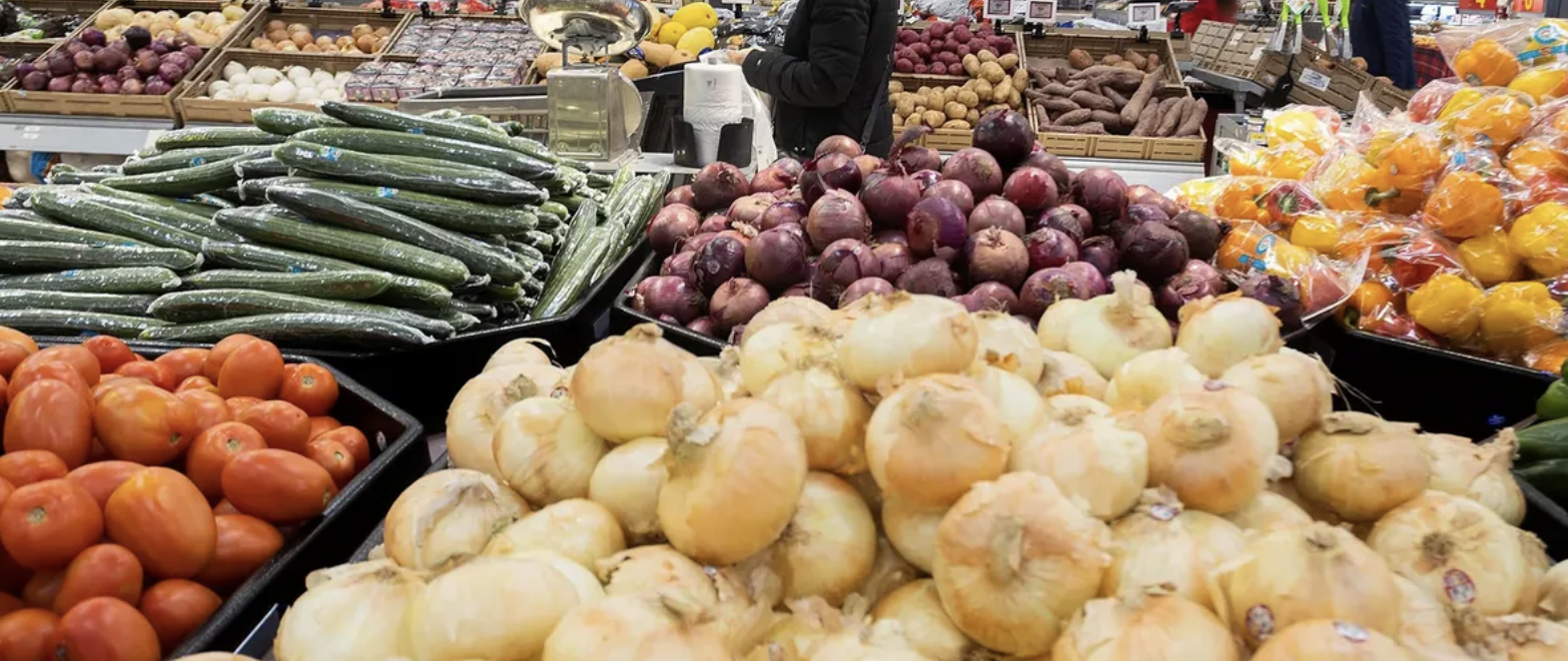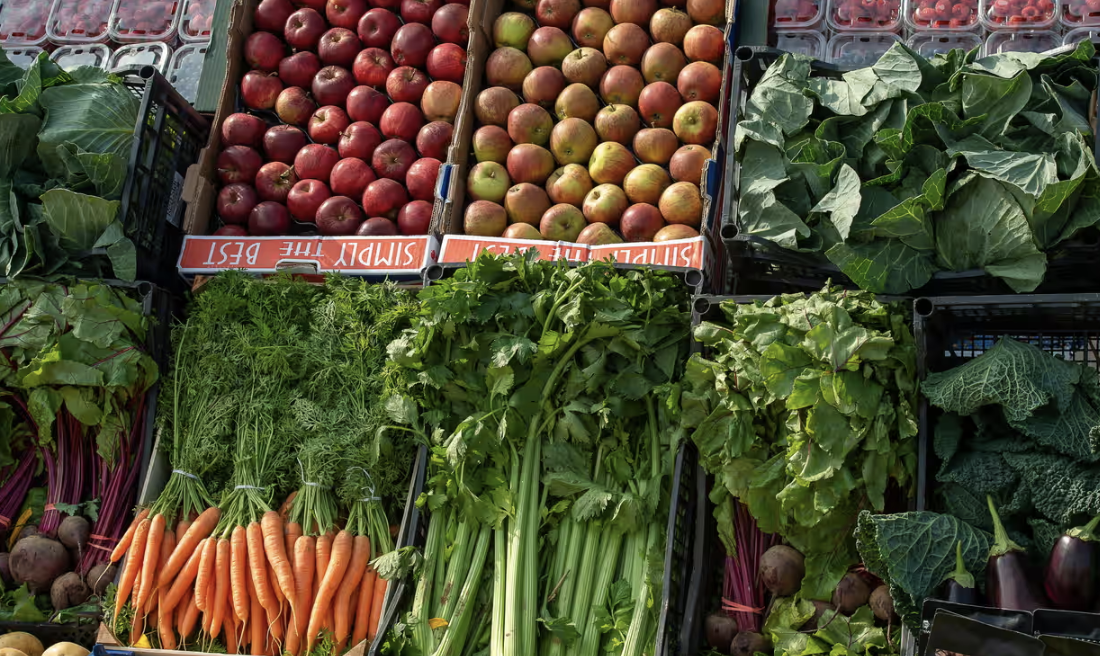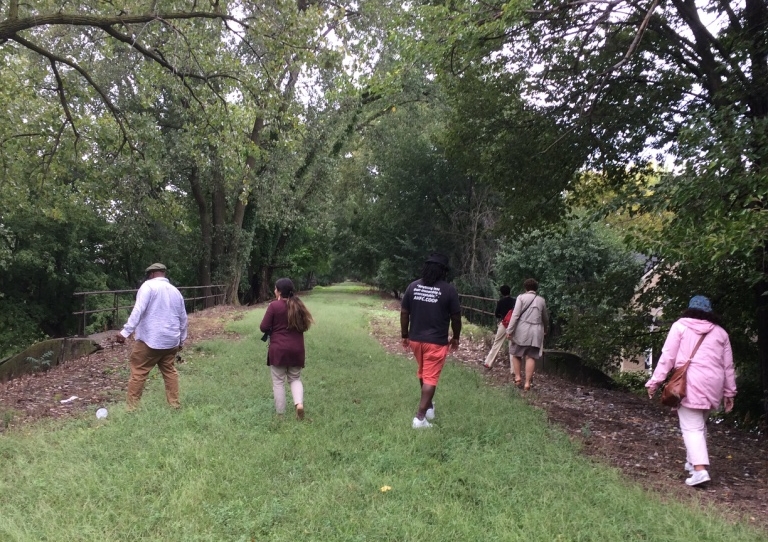We all learned as children about the food chain, the large number of individuals from growers and farm laborers to cooks and wait staff who brought our meal to us whether we chose fast food or fine dining. We’d like to think that all of them had their fair share of the money we pay when we get our check.
Does that always happen? A group of University of Florida students and supporters in the community are working to see that it does on campus.
They knew that UF is one of the largest food buyers in our region and that everything connected with food on campus from chain restaurants to catered receptions comes under a single contract, currently held by Aramark. Since this contract needed to be renewed for another 10 years in 2021, they organized as the UF Food Justice League.
A year ago in March 2020, they sent a letter to the university authorities proposing that the new contract stipulate a fair wage for food service workers; ensure health, safety and a fair wage for farm workers; and require enforcement of existing labor protection laws.
In the course of the year student researchers discovered that Aramark had paid $19 million in fines and settlement of wage theft cases and has exclusive contracts with for-profit prisons where inmates provide food service labor at a dollar a day. They were encouraged in recent months when Alachua County, the city of Gainesville and the Alachua County School Board adopted the Good Food Purchasing Program, which commits institutional buyers to regard local economies, a valued workforce, health, animal welfare and environmental sustainability.
The student-led campaign has made progress since then. In the last few weeks students have had constructive meetings with the committee developing criteria for a new contract. The committee decided to open the contract to bidding by other vendors, rather than simply discuss renewal with Aramark.
They also found allies in the community. Leah Cohen, coordinator for the Agricultural Justice Program, found their goals congruent with those her organization has had since 1999 for fair and just treatment of the people involved in agriculture. The Farmworkers Association of Florida, Alachua County Labor Coalition, Rural Women’s Health Project and Gainesville’s Interfaith Alliance for Immigrant Justice are also working with student coordinator Dmitry Podobreev to broaden local support.
Why do we need community support, since this is a decision to be taken by the university affecting its students, faculty and staff? We know that UF tries to be a good neighbor and respect community values. The needs of low-wage food service workers and farm workers are moral issues that speak directly to community values. That’s why we’re engaging with faith communities as well as civic groups and individuals.
As we all know, the minimum wage is reduced for food service employees who depend on tips and others are fortunate to get minimum wage. Many of them need to work two jobs. Wage theft is endemic in the industry. While decades-long efforts by the Coalition of Immokalee Workers have improved working conditions and pay for some farm workers, exploitation is still rife.
Just this month the Labor Department filed a complaint against Wavertree Stables in Marion County for failing to pay their workers for the hours they worked or reimburse them for travel as required by law. These 29 workers came here on H-28 visas under a federally supervised guest worker program with strict obligations for the employer. Most farm workers, whether American citizens or undocumented immigrants, lack that protection.
Several years ago a Gainesville pastor was uncertain whether his congregation was ready to accept the Coalition of Immokalee Workers’ Fair Food Program and host their Modern Day Slavery Museum. His devotional reading that morning was in Jeremiah: “Woe to him who makes his neighbor work for nothing and does not give them their wages.” He called me immediately to arrange for a visit from Immokalee.
The Hebrew Scriptures and the Gospels are full of concern that justice be done for the laborer, not just charity for the needy. As we approach the festivals of Passover and Easter we need to ask whether these are our own values and the values of our community.
If they are, as I think they are, let’s boldly ask UF to stipulate that fair wages and working conditions for food service workers and farm laborers are non-negotiable in any new food contract.
— Richard MacMaster is coordinator for Gainesville’s Interfaith Alliance for Immigrant Justice.


